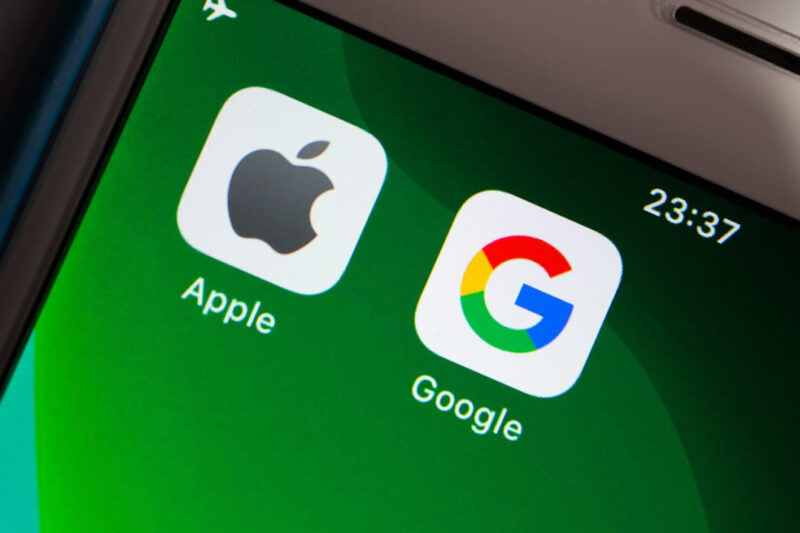South Korea’s lawmakers have approved legislation during its National Assembly, effectively banning tech giants – primarily, Google and Apple – from forcing developers to use their in-app payment systems. The new law, dubbed the “Anti-Google Law”, is expected to be signed by the country’s president and will make it the first country in the world to pass such a bill.
The new bill comes after both Google and Apple faced heavy criticism over its in-app payment practices with companies and developers, for which they receive up to 30% commission with every sale made from each respective app. With the new law, the tech giants are now prohibited from enacting retaliatory strikes against developers who seek out alternative means of payment. Based on the past performance of the two, such acts could include banning the developer’s app from their respective digital marketplace, or delaying approval for them.
While many developers on both the Android and iOS ecosystems will unsurprisingly be elated by the news, one person has clearly taken more joy in South Korea’s latest law: Tim Sweeney, Epic Games CEO, and for good reason. As many of you remember, Sweeney was one of the first to get into a row with Apple, when he introduced his Epic Direct Payment option on the iOS version of his studio’s massively popular battle royale, Fortnite, last year.
Korea is first in open platforms!
Korea has rejected digital commerce monopolies and recognized open platforms as a right.
This marks a major milestone in the 45-year history of personal computing. It began in Cupertino, but the forefront today is in Seoul. https://t.co/Jd6Xfnef9o
— Tim Sweeney (@TimSweeneyEpic) August 31, 2021
As you’d expect, Apple’s response was swift and within hours of the payment system being launched, it removed Fortnite in its entirety from the App store; a move that ultimately unleashed a wave of litigations from both parties, as well as a movement that came to the support of Epic Games, among others.
It’s also no secret that Google and Apple have earned billions in commissions, from their respective app stores. However, both companies have already put certain plans into action, reducing their commission by half, from 30% to 15%, in an effort to keep developers happy.
Follow us on Instagram, Facebook, Twitter or Telegram for more updates and breaking news.



